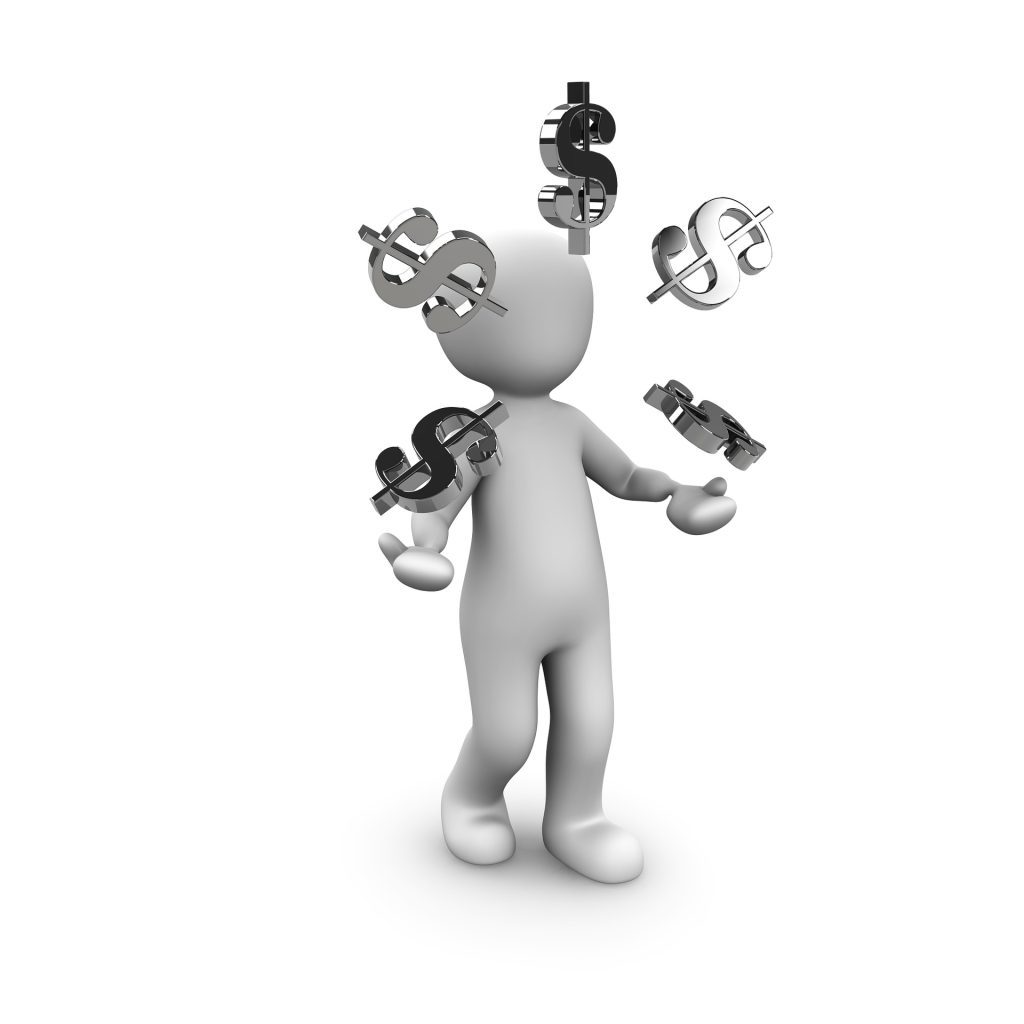Actual Cash Value or Replacement Cost
When purchasing an insurance policy for your home or business, there is the option of choosing actual cash value (ACV) insurance. But what is ACV in insurance? This form of insurance provides you with cash for your damaged or lost items, but there are a number of reasons why purchasing this type of insurance is a bad idea.

Actual cash value sounds more appealing than it actually is for homeowners and business owners. The interpretation of actual cash value is one that is not exact. It could be more accurately termed as fair market value in many jurisdictions. The actual cash value is what would be paid for an item if it was sold in its current condition and not what it could cost brand new. Learning how to determine actual cash value in this situation can help shine a light on just how much you could be losing versus you getting the replacement cost of an item. When you compare actual cash value or replacement cost, you can see that instead of getting the cash value for an old table, you can get the replacement cost of what getting a new table would be.
The main problem with actual cash value policies is that it factors in depreciation. It does not matter how much you paid for an item. You usually wind up receiving far less than that amount. Some courts may even consider older model items to be outdated and further reduce their value.
If your home incurred storm damage and your 7-year old hot water heater ruptured as a result, your ACV policy would not pay for the entire cost of a new hot water heater. Instead, it would appraise the old water heater and pay that amount towards the cost of a new water heater. Even if that old hot water was in peak working condition, the insurance company would factor in depreciation along with wear and tear.
If an item is stolen from your home, then the insurance company will automatically figure that wear and tear affected that item. So if a barely-used three year-old camera was stolen, the insurance company would assume it had three years of heavy usage. Coupling that with the fact that it is a dated model, the ACV payout is likely to be rather minimal.
The insurance company adjuster will use a formula to appraise these items, which includes age and category of the specific item or property. There adjuster’s account will also be considered as his/her report will influence the final ACV.
What ACV does is actually give insurance companies a lot of wiggle room when it comes to paying you as little as possible for your damaged, stolen or lost property. It can work against homeowners and leave them with much less of a payout than they would normally expect to receive.
AmeriClaims helps homeowners and property owners with all of their insurance claims as a trusted South Carolina public adjuster. When it comes to actual cash value or replacement cost, there’s a clear winner, so don’t settle for less than you deserve, AmeriClaims’ insurance adjustment services are here to help with your insurance claim.








